Losing control: Are we going to total war?
There are divisions between Hezbollah's elite commandos in southern Lebanon, who would prefer to launch a total war against Israel, according to the Telegraph.
Wednesday, 25.10.2023.
18:23
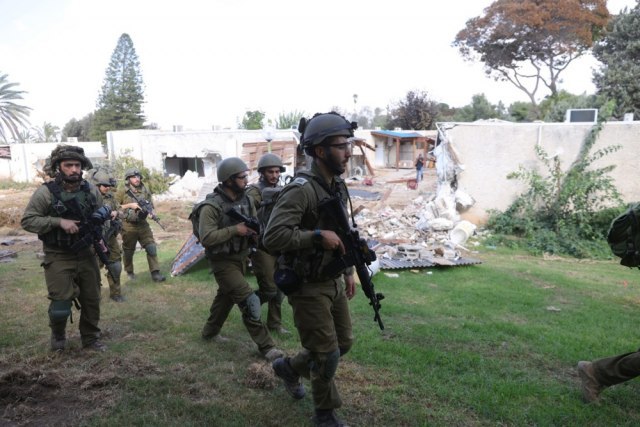
Losing control: Are we going to total war?
There are increasingly noticeable divisions between Hezbollah's elite commandos in southern Lebanon, who would prefer to launch a total war against Israel, according to the Telegraph.The finely balanced outcome of that argument could determine whether a second front opens in Israel's north, drawing the US into the conflict and spreading hostilities across the region.
The "eye for an eye, tooth for a tooth" tactic, often highly lethal, fostered by Hezbollah and the Israel Defense Forces (IDF), has been escalating since October 7. However, both sides are careful not to cross unwritten but generally accepted boundaries that would cause a wider escalation.
Professor Manuel Trajtenberg, Executive Director of Tel Aviv University's Institute for National Security (INSS), says the balance of power in the north is very tense and it is not yet clear which side will prevail.
He said Hezbollah's charismatic leader Hassan Nasrallah, who "pride himself on always being right," had remained unusually quiet in the 17 days since the massacre, perhaps indicating he had not yet decided what to do.
Nasrallah, who watched Israel decimate Hezbollah's military capabilities and assets during the 2006 Hezbollah-Israel war, knows all too well what it means to have to rebuild everything. He has been quoted several times as saying he "regrets starting the war in 2006," and intelligence analysis shows Tehran has tasked him with keeping Hezbollah intact so the group can be used as a deterrent in the event of any Western action against Iran.
"According to the current understanding - and everything is still very fluid - Iran does not want Hezbollah to attack," says Professor Trajtenberg. "They see Hezbollah and their missiles as a doomsday weapons and they don't want to waste it now because of what's happening with Hamas. Iran only cares about the survival of its own regime."
Sima Shine, an Iran expert who was head of research at the Mossad's intelligence division, told The Telegraph last week that Iran had launched an unprecedented diplomatic effort after the attack on Hamas, all to try to secure a ceasefire and leave both Hamas and Hezbollah untouched. But what is harder to read, this analyst says, is the behavior of Hezbollah's ground troops in southern Lebanon. And while the group's leadership worries about the position of the organization in Lebanon, where they represent the main political force, and in Tehran, which finances them, Hezbollah foot soldiers worry about how they will be viewed by their fellow fanatics on the front lines.
Of particular concern is Hezbollah's elite group al-Hajj Radwan, a well-equipped group of 2,500 commandos that recently fought in Syria and is now well entrenched in southern Lebanon. They are similar to Hamas' Nukhba Forces, which led the October 7 attack, and were recently seen rehearsing for a similar ground attack on the Galilee in northern Israel.
Professor Trajtenberg said: "If they don't act, their position among the Axis of Resistance (a terrorist mercenary group in the region funded by Iran) will be reduced. It is a very serious dilemma for them." He added that tensions have arisen between the leadership in Beirut and Hezbollah fighters on the ground.
"There are indications that the Radwan group wants to carry out an attack. Their commanders on the ground are eager for action because they have been planning it for a long time, they are trained and ready for it. We know that relations with the leadership are strained and that is dangerous," she said.
High risk of escalation
Orna Mizrahi, a senior researcher at INSS and a former intelligence analyst at the IDF's Directorate of Military Intelligence, recently published a detailed analysis on the likelihood of war in the north."The danger of an escalation in the north will increase as the war progresses. Under Iranian leadership, Hezbollah would certainly seek to maintain a high level of conflict in the north throughout the war and could embark on further escalation along the border as fighting in the south develops, that is, when the IDF begins ground maneuvers - but stays below the threshold of launching a general war," she wrote.
However, that possibility is very dangerous, regardless of whether it was planned or an uncontrolled escalation. Mizrahi told The Telegraph that the October 7 surprise attack meant re-examining many of the earlier assumptions of Israeli intelligence - including the idea that Iran would keep Hezbollah in reserve as an ace or deterrent.
"Iran's position in the world" has changed in the past two years with the outbreak of war in Ukraine and the deepening of its relations with countries such as Russia'', Mizrahi said. This means they can now play with more confidence, but they also have more to lose. All analysts say the US intervention in the unprecedented conflict after the October 7 attack could be decisive in preventing a wider war.
They said Israel had given firm assurances to Joseph Biden that IS would not open a front in the north, despite Yoav Galant, the defense minister, reportedly advocating a first strike against Hezbollah immediately after the October 7 attack.
Israel does not want a global war
On the other hand, the US has assured Israel that it will use its naval forces in the eastern Mediterranean to intervene if Hezbollah attacks – something America has never done before.The two US carrier groups, totaling more than 14 heavily armed ships, have the capacity to help intercept Hezbollah missiles, which are believed to be able to overwhelm Israel's air defenses if launched en masse. The ships also carry long-range missiles with various warheads capable of hitting Iran.
The US presence was "a real deterrent", Ms Mizrahi said. "The Iranians don't want a war with the Americans, do they? They don't want to go into a total war."



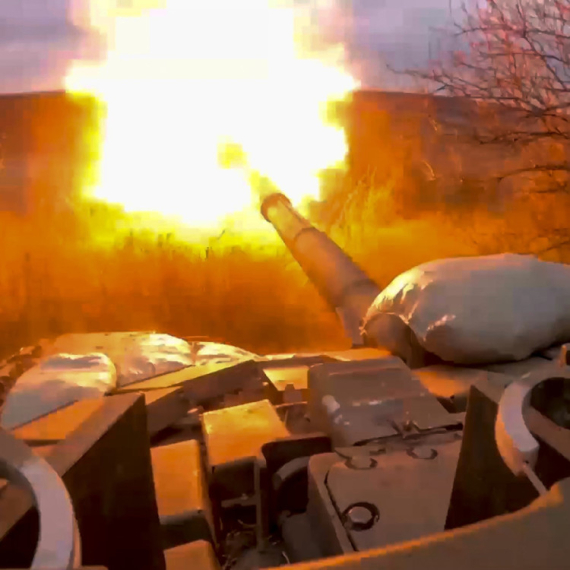
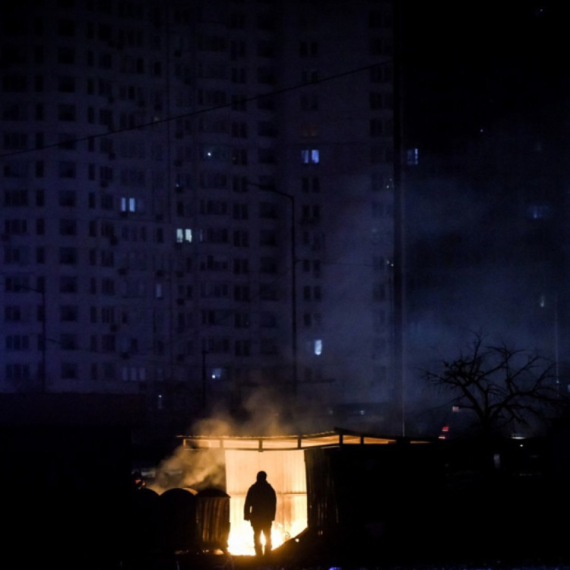
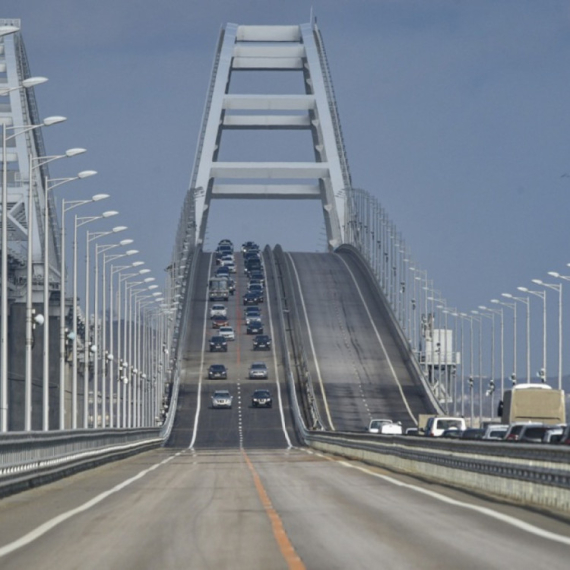
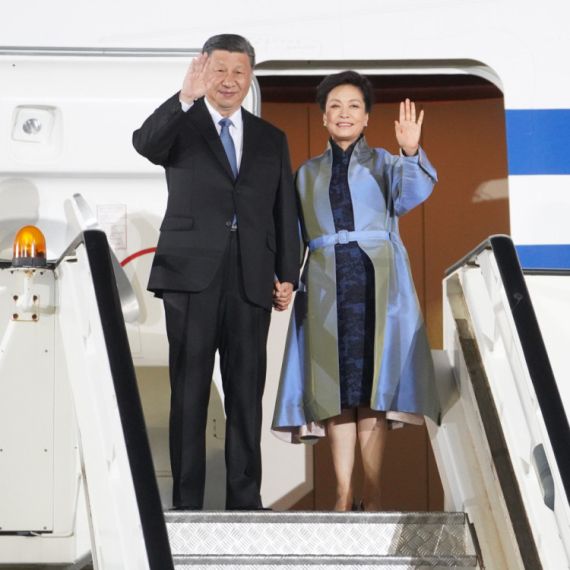







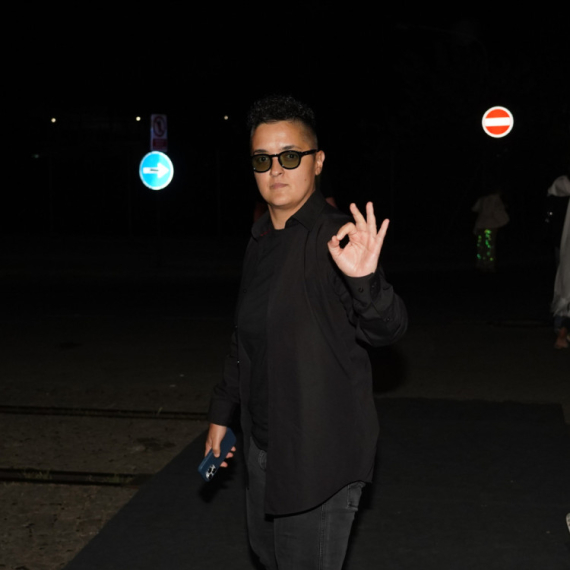

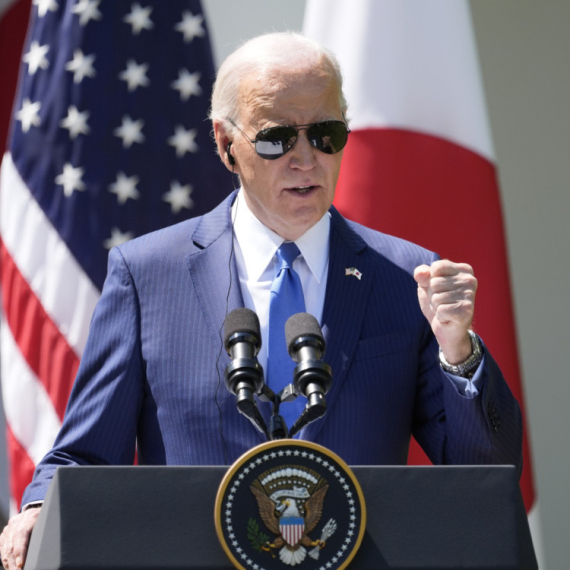
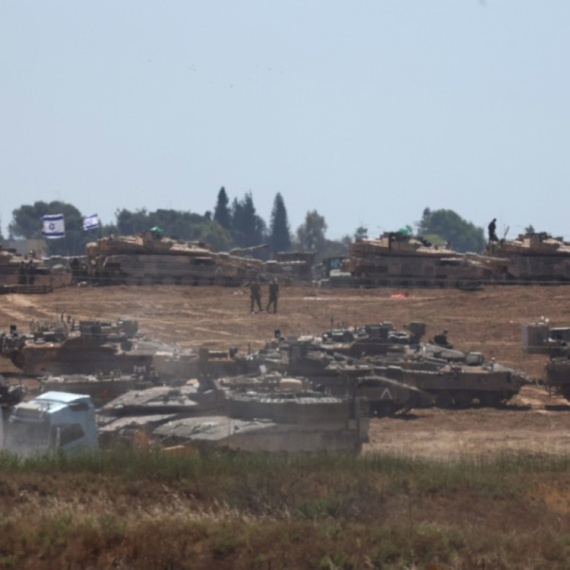
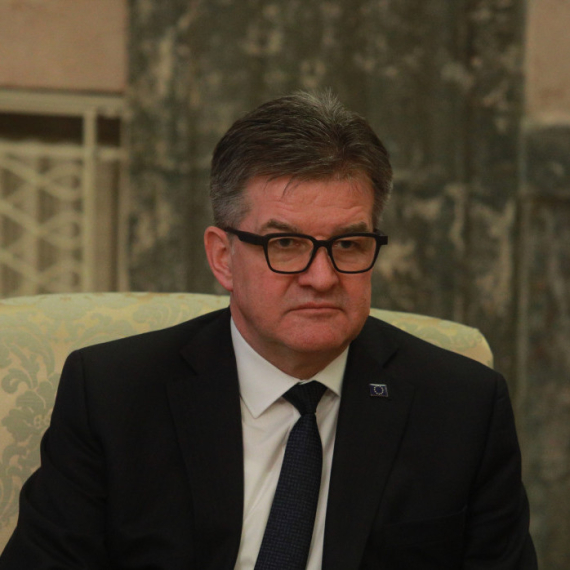






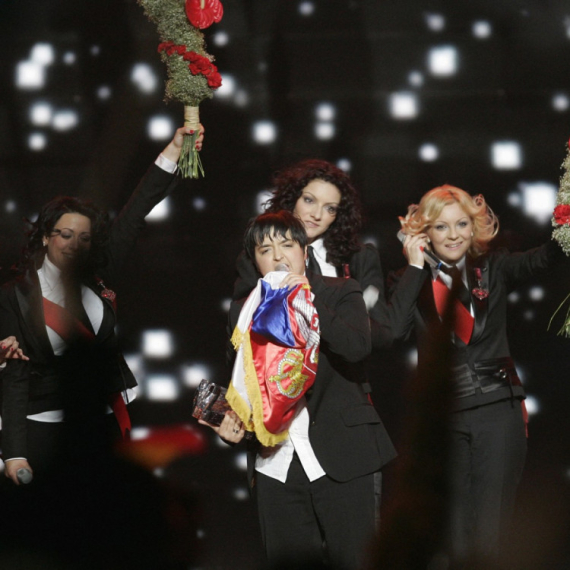
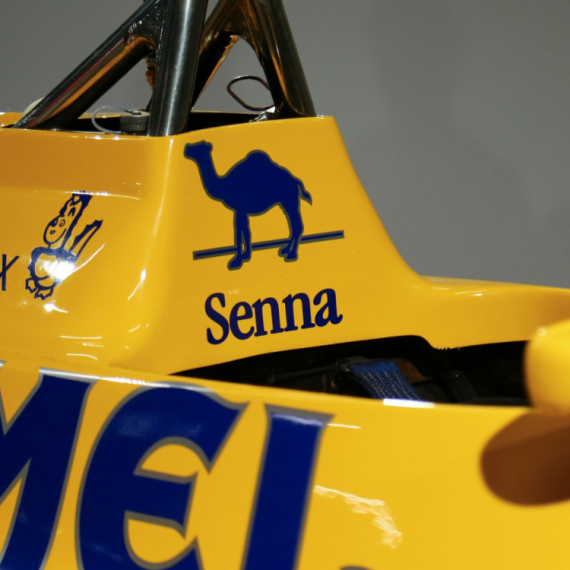







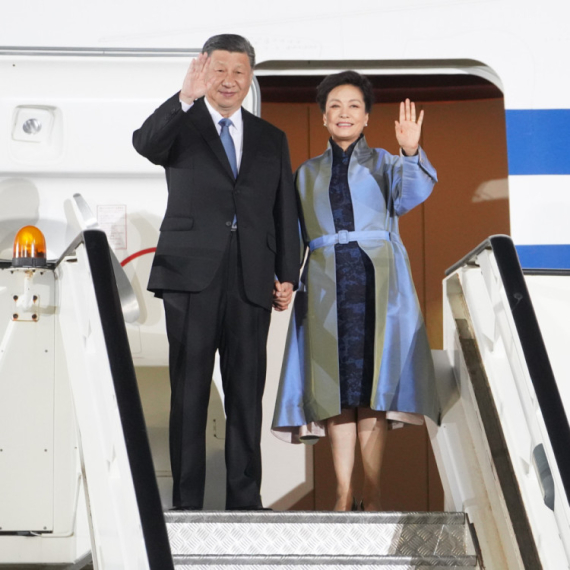
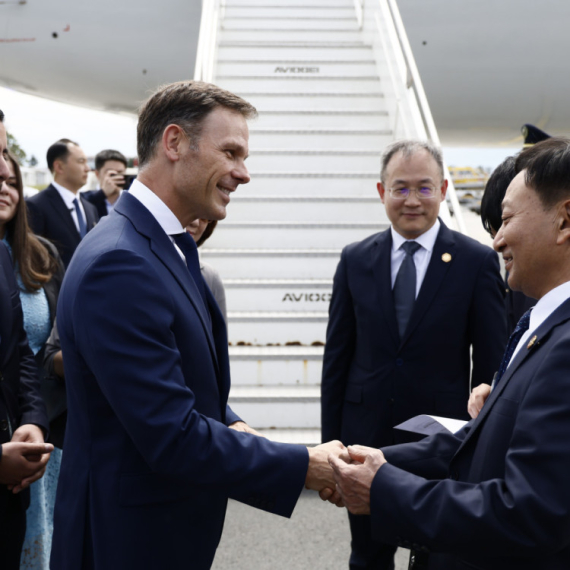
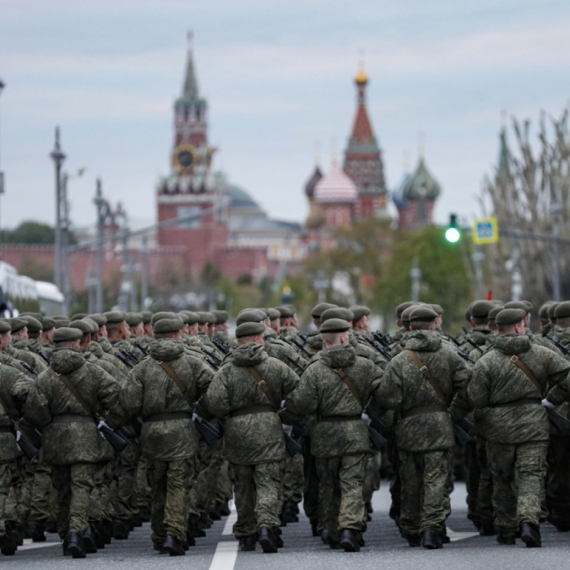

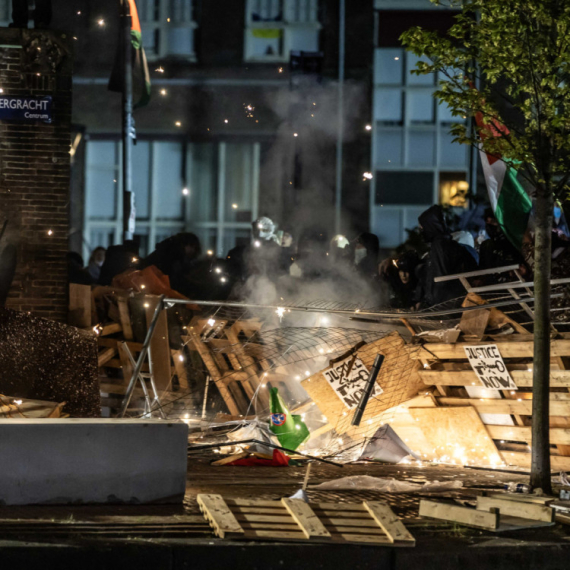
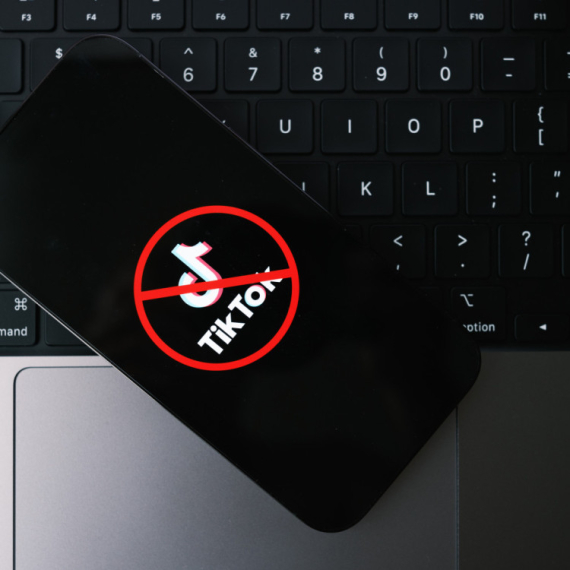

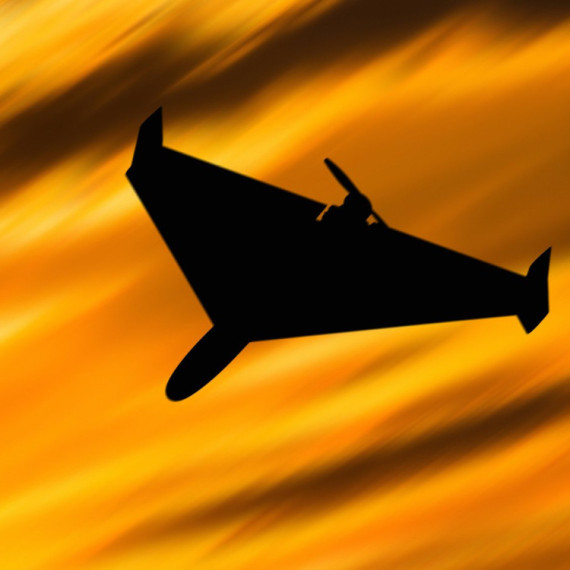











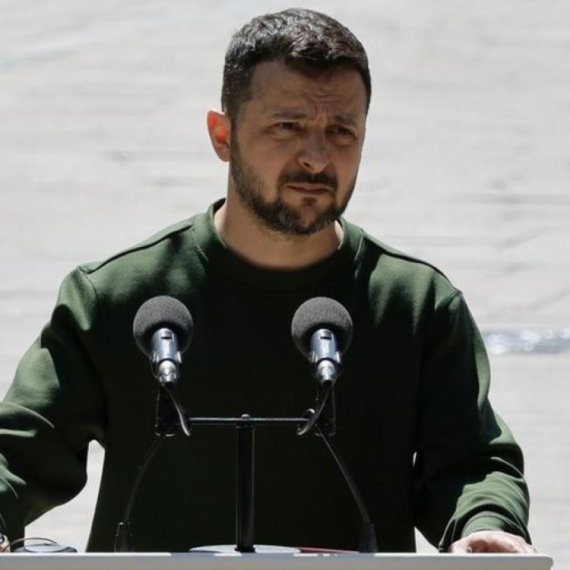

Komentari 1
Pogledaj komentare